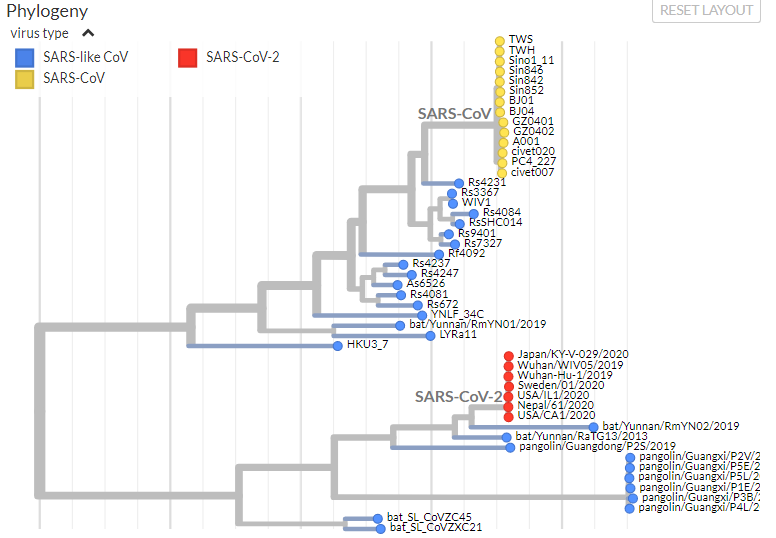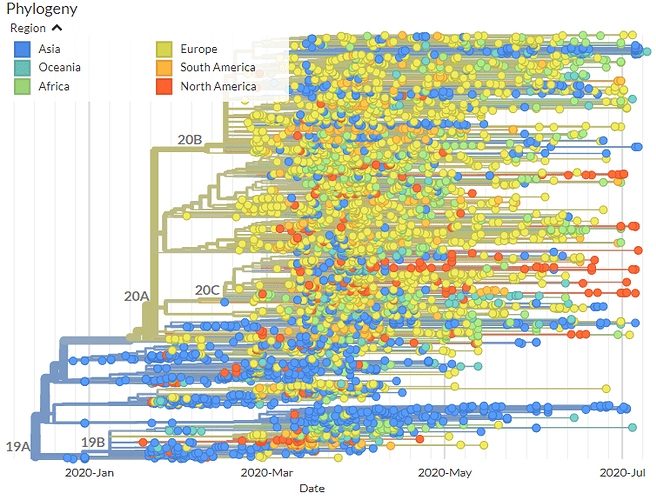This isn’t what the research paper they are citing is saying. IgA/IgM short term antibodies decline but long lasting IgG antibodies don’t decline in patients who had a severe SARS-Cov-2 infection. Page 19 of the paper below.
Other factors play a role in declining antibodies such as Vitamin A/D deficiency and lack of physical activity. Too bad we don’t have more education and less misleading news articles pushing for a vaccine which “may” only be useful for susceptible blood types who haven’t been infected yet.



